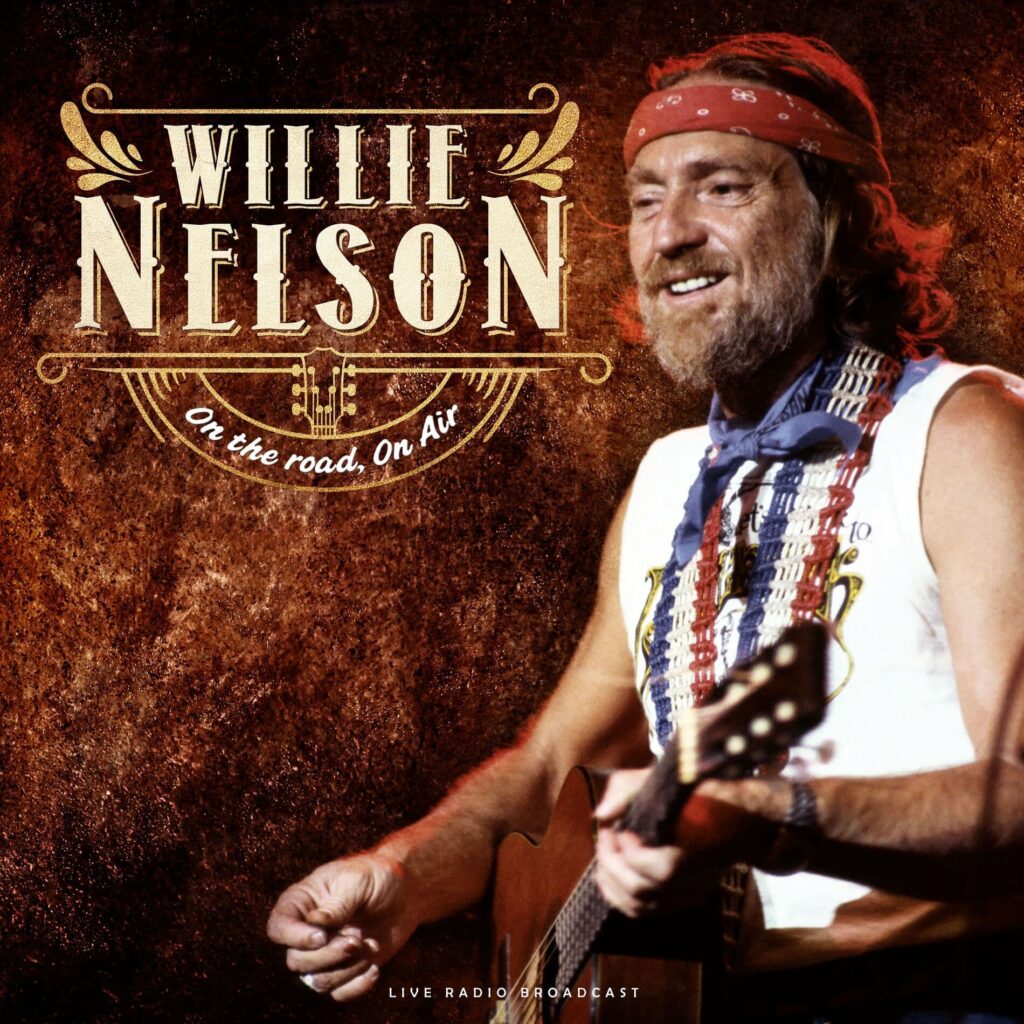
A Soul’s Embrace of Comfort in Despair
Let’s take a journey into the heart of country music, where stories are told with unflinching honesty, and emotions flow as freely as the currents of a winding river. In this landscape, few figures stand as tall or as genuinely as Willie Nelson. His voice, a unique blend of casual wisdom and profound vulnerability, has been a constant companion to millions, guiding us through life’s trials and triumphs with an understated grace. Today, we’re pouring ourselves a measure of reflection as we revisit one of his most iconic and enduring anthems, a song that perfectly captures the bittersweet solace found in a familiar vice: “Whiskey River.”
The story behind “Whiskey River” actually begins with the gifted songwriter Johnny Bush. Bush, a fellow Texan country musician and a dear friend of Nelson’s (Nelson even played bass in Bush’s band at one point), wrote and released the song in 1972, achieving a modest hit with his version. However, it was Willie Nelson’s early adoption of the song that truly set it on its path to legendary status. Willie Nelson first recorded “Whiskey River” for his seminal 1973 album, “Shotgun Willie.” This album, released on Atlantic Records, marked a radical turning point in Nelson’s career. Frustrated with the creative constraints of his previous label, RCA, Nelson gained unprecedented artistic freedom with Atlantic, allowing him to define the “outlaw country” sound that would revolutionize the genre. “Shotgun Willie” was a critical success, though its initial commercial performance was more modest.
While the studio version of “Whiskey River” appeared on “Shotgun Willie” in 1973, it was a later live recording that became a huge chart hit for Nelson. In 1978, a version from his hugely popular live album, “Willie and Family Live,” was released as a single. This live rendition soared to number 12 on the Billboard Hot Country Singles chart. This exceptional chart performance, five years after its initial studio recording, cemented “Whiskey River” as a signature song for Nelson, almost a spiritual hymn for his legions of fans, a testament to its enduring appeal and connection with the common person’s struggles. The song became so synonymous with him that it has been the standard opening song during Nelson’s concerts since around 1974, a testament to its pervasive and deep-rooted popularity in his repertoire.
The meaning of “Whiskey River” is a candid and unvarnished confession of seeking refuge from heartbreak and loneliness in the numbing embrace of alcohol. The “Whiskey River” itself is a powerful metaphor for the flow of a drink that washes away sorrows, even if only for a short while. The lyrics paint a picture of someone who has been deeply hurt by love, and who turns to the bottle not out of destructive intent, but out of a desperate need for solace. Lines like “Whiskey River, take my mind / Don’t let her memory torture me” directly articulate this desire for escape from painful thoughts. It’s a song of resignation, but also of a certain kind of pragmatic acceptance of one’s chosen coping mechanism. It’s not a glorification of drinking, but an honest portrayal of a raw, human response to profound emotional pain. For many older listeners, who have navigated their own share of life’s disappointments and heartbreaks, the song speaks to that very human inclination to find comfort, however fleeting, in familiar habits.
Listening to “Whiskey River” today, especially the iconic live version that became a hit, it’s impossible not to be moved by Willie Nelson’s masterclass in understated emotion. His voice, with its characteristic weary charm and slightly behind-the-beat phrasing, makes every word count. The iconic opening guitar lick is instantly recognizable, setting the stage for a journey into personal reflection. The loose, almost improvisational feel of the band, a hallmark of Nelson’s “outlaw” sound, adds to the song’s authentic, lived-in quality. It brings forth memories of dimly lit honky-tonks, late-night conversations, and the shared understanding that sometimes, a familiar comfort is all one needs to get through the night. “Whiskey River” stands not just as a great country song, but as a timeless piece of American music that captures the universal search for respite in the face of heartache, delivered by a true maestro of the human condition.